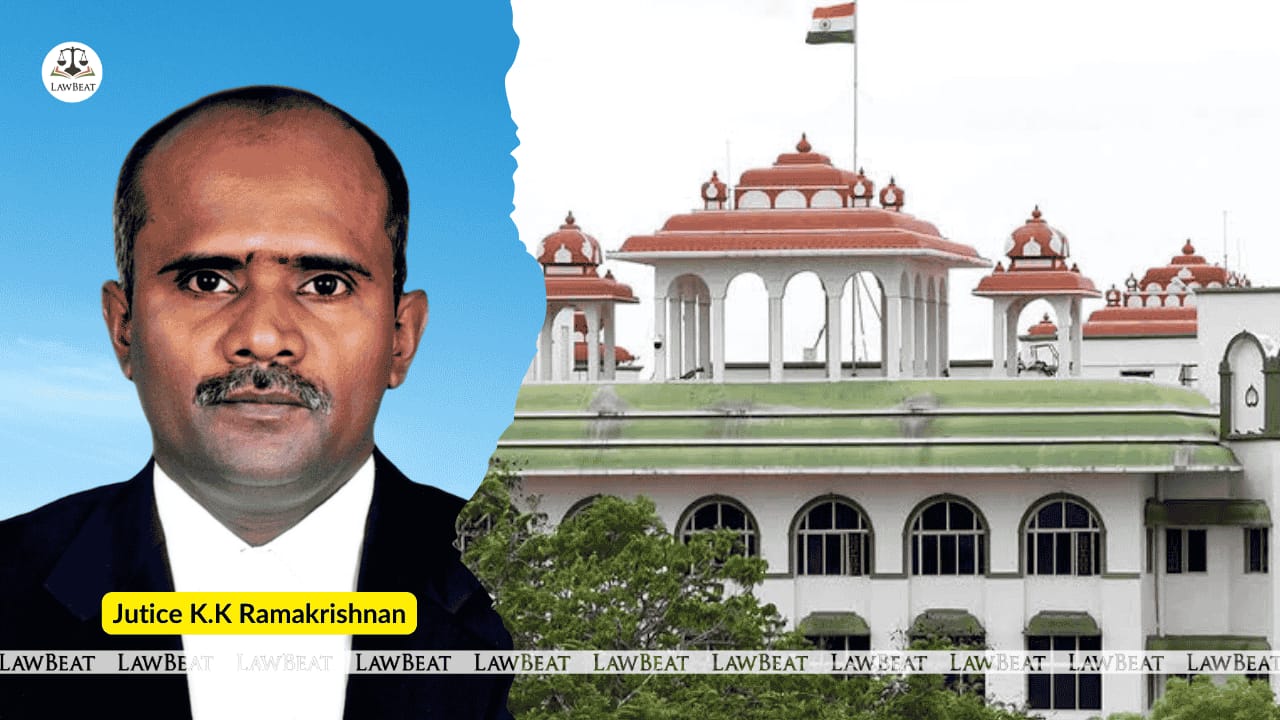Fraudulent Sale of Church Land: Madras HC Orders CBI Investigation

Earlier days, funds flowed from homes to the Church. Now, the conscientious are not occupying the chair of the Church administration. Hence, the Church properties are being swindled by the administrators against the tenets of the bible, observed the court
The Madras High Court has ordered a Central Bureau of Investigation (CBI) probe into allegations of fraudulent transactions concerning 31.10 acres of government-assigned land originally granted to a missionary organization for charitable purposes.
The bench of Justice K.K. Ramakrishnan noted serious irregularities in the sale of this prime property by the Church of South India (CSI), Madurai-Ramnad Diocese, to private individuals, allegedly in collusion with government officials.
The disputed land, assigned in 1912 to the American Board of Commissioners for Foreign Missions (ABCFM) by the government, was intended for establishing an industrial home for needy women. A strict resumption clause prohibited its misuse or transfer. However, the property changed hands when ABCFM transferred ownership to the Church of South India Trust Association (CSITA). Subsequent transactions reportedly involved forged documents and undervalued sales to private parties.
The petitioner, the President of the Christian Minorities Unit, argued that the sales were illegal and violated the original grant's conditions. Complaints to local police and state authorities yielded no results, prompting him to seek intervention from the High Court. Evidence submitted highlighted financial discrepancies, including undervaluation of the property—worth over Rs. 22 crores but sold for a mere Rs. 1.2 crores.
During the hearing, senior counsel for the CSI questioned the writ petition's maintainability, urging the petitioner to approach lower courts or local police. However, the court dismissed this argument, citing precedents where exceptional cases warranted High Court intervention under Article 226 of the Constitution.
Court emphasized that the fraudulent transactions affected public interest and necessitated a fair investigation.
It observed that the church's administrative machinery had failed to protect the property, which was dedicated to charitable endeavors for empowering destitute women.
"The church has become voiceless...the church properties are being swindled by the administrators against the tenets of the Bible," Justice Ramakrishnan remarked, adding that the actions of the church’s officials had betrayed the trust placed in them.
Critically, the court extended the principle of parens patriae—a doctrine allowing the state to protect entities like temples and religious trusts—to church properties. Highlighting past Supreme Court judgments, the judge underscored the need to safeguard religious and charitable assets from mismanagement.
Court directed the CBI to register a case on the basis of the complaint given by the petitioner.
Case Title: D.Devasahayam Vs. Central Bureau of Investigation And Others
